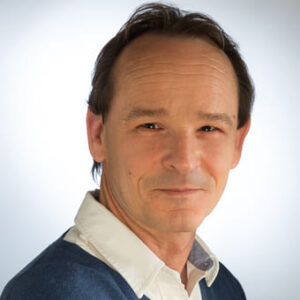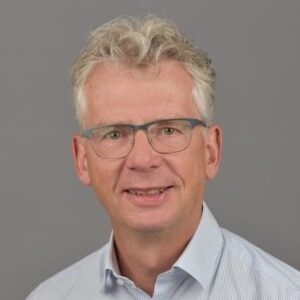Date:
November 14 - 15, 2023
Location:
FHNW Muttenz, Switzerland
Click here to register.
Abstract
The SLAS 2023 Data Sciences and AI Symposium, jointly organized with the University of Applied Sciences Northwestern Switzerland, will present the latest developments in AI/ML, next gene sequencing, data pipelines and other data science topics.
Participants will learn from leading experts about the role of data pipelines in drug research, how clinics use data science and new developments in the field of AI/ML.
Why Participation in the Event Makes Sense
State-of-the-art insights from leading experts:
- You can gain valuable insights into the latest developments in AI/ML, next-gen sequencing, data pipelines and more! Experts will share their knowledge and experience to help you stay at the forefront of advances in data science and AI.
Networking opportunities in the Swiss scientific community:
- Expand your professional network and stay up to date with the latest trends and innovations in data science and AI. The FHNW Muttenz Campus of the University of Applied Sciences and Arts Northwestern Switzerland provides an excellent platform to network with professionals, researchers and like-minded individuals within the Swiss scientific community. Building relationships and networking with like-minded people can open doors to collaborations, partnerships and career opportunities.
Effective applications in drug discovery:
- The scientific program will highlight the critical role of data pipelines in drug discovery and how data science is transforming clinical practice. By attending the conference, you can discover practical applications in the pharmaceutical and healthcare sectors. This knowledge is invaluable for professionals working at the intersection of data science and healthcare.
Learn more about the event here.
Our Professional Contribution
Steven van Helden will lead a session entitled "Data Pipelines in Drug Discovery Research":
When: Tuesday, November 14, 2023 at 10:15 a.m.
Data Pipelines in Drug Discovery Research
This session will explore how data flows from instruments that collect raw data to data mining applications where the data is transformed into meaningful results. Can instrument data be used to predict failures? How is quality controlled along the way? How do we integrate all this into an automated pipeline? What place does the scientist have in this? And how will AI impact our pipelines?
In this session, Daniel Domine will present the topic "Implementing FAIR principles in R&D: The real life":
Implementing FAIR principles in R&D: The real life
After a quick recap of the FAIR data guiding principles and especially their extension to organizational setups, the presentation uses the extensive experience acquired over the years by wega staff in many different contexts from small startups to the largest pharma’s to illustrate through real-life cases what it takes to implement FAIR data principles. Examples deal with connecting instruments and getting the produced data seamlessly passed through processing and reporting to a global research data warehouse. The presentation also shares some lessons learned and hints on how to address the FAIRification of data based on the context (large pharma, CRO, startup, digital maturity, AS-IS IT landscape, organizational structure).
The Speakers:

Daniel Domine
With a PhD in chemistry, he has been a Senior Consultant at wega since 2014 and has more than 20 years of experience in building information systems to support R&D in pharmaceutical and biotechnology companies. He is involved in the definition of IT strategies and the implementation of integrated solutions for R&D in pharma and biotech companies.

Steven van Helden
| Senior Consultant and Business Analyst at wega Informatik with a focus on research data and knowledge management.
With a PhD in pharmaceutical chemistry, Steven began his career in chemoinformatics and later moved into the field of laboratory automation and high throughput screening. He held various roles in a large pharmaceutical company and founded a screening CRO where he served as CTO. Steven has always worked at the interface between science and IT and is a specialist in laboratory automation. He has over 20 years of experience in setting up and managing large international projects. Steven enjoys enabling the interaction between science and IT and achieving efficiencies in the lab. |
